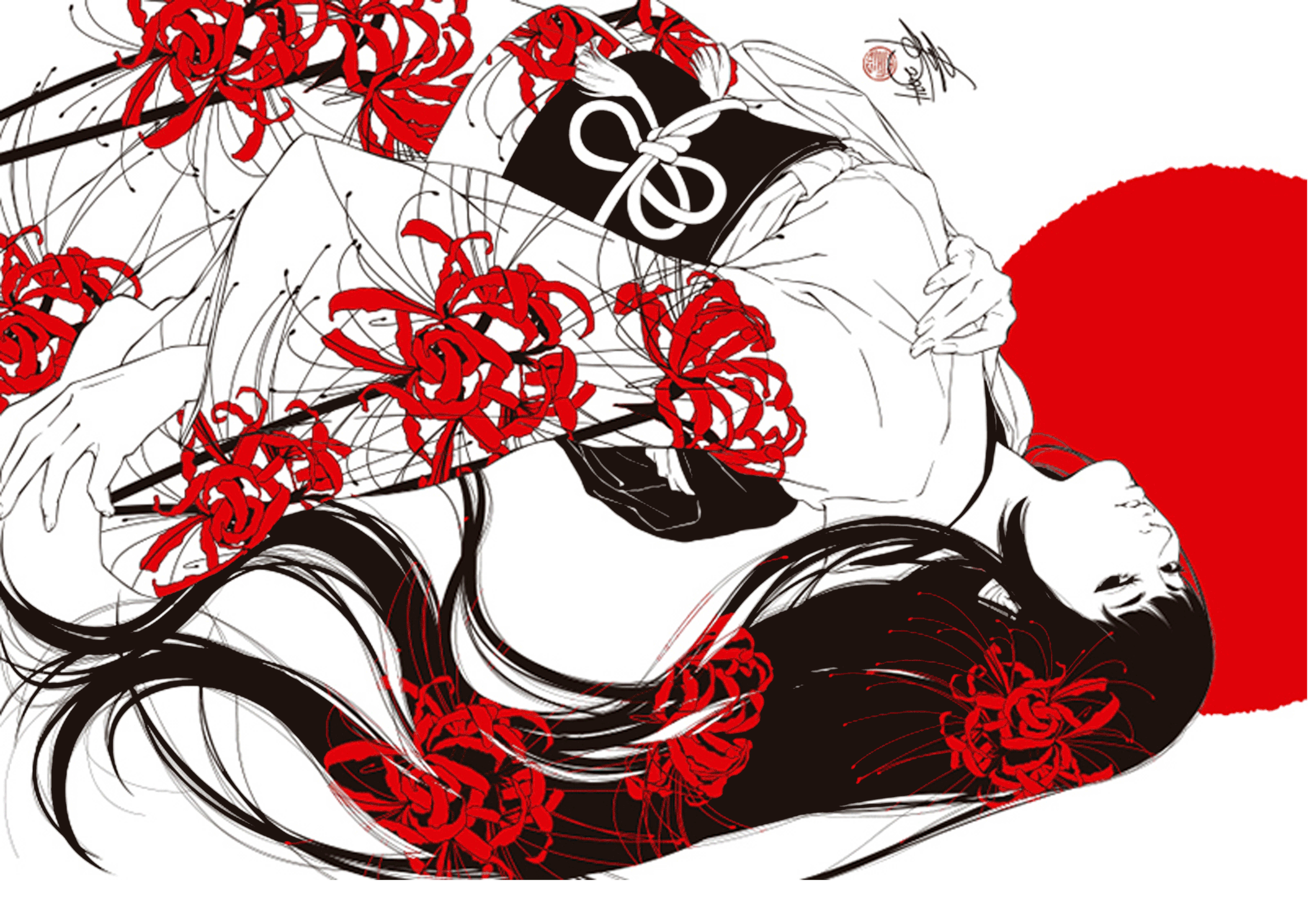How was life now that Haruka was back?
To be honest, it was kind of a relief having her back.
A relief?
At first, yes. We still fought, of course. Bickered about trivial things day-in, day-out, but there was a comfortable predictability in all of it.
You really are a glutton for punishment, Peadar.
Perhaps, yes. But, in spite of my wife’s other faults, no one ever lavished souvenirs on me quite like Haruka would in those days.
Oh?
I’ll never forget the hundred-dollar bottle of Reserva de la Familia Cuervo she gave me that year. It became my new standard for tequila.
Something to numb you with then.
It helped.
But then the novelty of Haruka being around started to wear off, didn’t it?
A bottle of tequila only lasts so long.
And Xiuying called, asking if you’d like to have dinner.
I don’t know if it is a Chinese thing, or just Xiuying, but from then on whenever I approached her she would pull back, and whenever I retreated, she would strike. Anyways, Xiuying and I met in town and when I asked what she was hungry for, she said, “You!” So, we skipped dinner altogether and headed to the nearest “rabuho” where we screwed like cats for the next four hours.
Xiuying had gotten divorced by then, hadn’t she?
Yeah, and had gotten her permanent residence visa, too, which got me thinking: if a Chinese woman with a loser for a husband could get it, then, by gum, I so could I!
Boys, be ambitious!
Yes, well, speaking of ambition, Xiuying was working for what the Japanese call a “shōsha”,[1] a trading company, during the day to learn the business and build contacts, and in the evenings and on weekends she was building her own business. She had become increasingly independent and confident. Success was not a matter of if but how soon. As I lay next to her, I liked to think that I had something to do with . . .
You? You think youhad a hand at Xiuying’s success, Peadar?
Well, I . . .
You had nothing to do with it whatsoever, Peadar. Xiuying would succeed in spite ofyou, not thanks to you.
You’re probably right.
Probably?
You are right.
And Xiuying would end up being as unreliable a lover to you as you had been to her.
She could be frustratingly unpredictable, but then I probably deserved it.
Probably?
I deserved it.
Peadar, I think there’s hope for you, yet.
[1]A shōsha (商社) is a trading company. Many wholesalers in Japan will import goods through shōsha rather than import the products themselves to avoid all the hassles involved in bringing foreign products or commodities to Japan.
The first installment/chapter of A Woman's Hand can be found here.
A Woman's Hand and other works are available in e-book form and paperback at Amazon.

